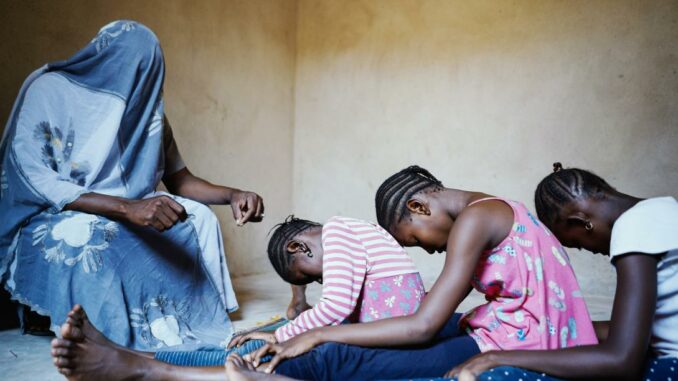
Gambian lawmakers have endorsed recommendations to uphold the country’s ban on female genital mutilation (FGM), setting the stage for a crucial vote later this month. The joint health and gender committee’s report, which passed with 35 votes in favor, 17 against, and two abstentions, describes FGM as a “traumatic form of torture” and discrimination against women.
This development comes amidst a heated debate over a bill to decriminalize FGM, which passed its second reading in March. If approved, Gambia would become the first country to reverse an FGM ban, a move that has sparked international concern.
The current ban, in place since 2015, faces challenges in implementation, with the practice remaining widespread. Recent convictions have fueled a backlash, with some arguing that the ban violates cultural and religious rights in the Muslim-majority nation.
Proponents of maintaining the ban emphasize the severe health risks associated with FGM, including excessive bleeding, psychological trauma, and potential fatalities. They argue that repealing the law would significantly set back progress in protecting women’s rights and health.
As the July 24 vote approaches, the nation grapples with balancing traditional practices against international human rights standards and public health concerns. The outcome will have far-reaching implications for women’s rights and could influence FGM policies across Africa.
